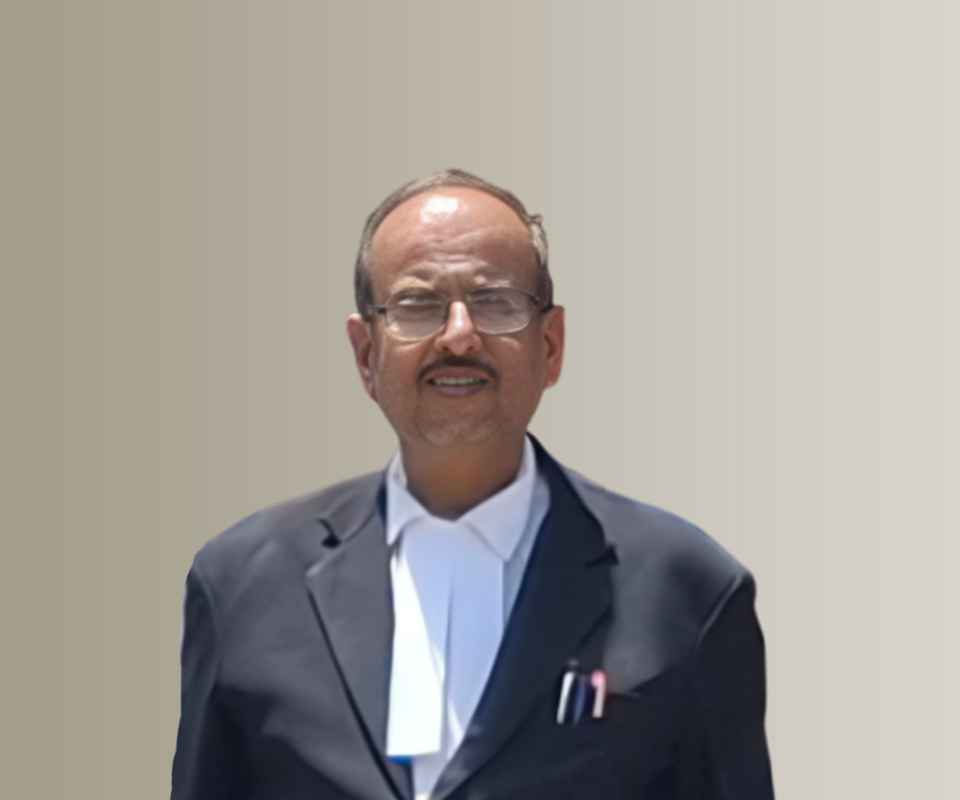Answer By law4u team
No, two succession certificates cannot be issued for the same property or debt under Indian law. Legal Position: Under the Indian Succession Act, 1925, particularly: Section 374: Only one valid succession certificate can be issued for the debts or securities of a deceased person. If a certificate already exists, another one cannot be granted for the same property unless the first is revoked. What Happens If Two Are Issued? The second certificate is invalid and void, unless the earlier one is legally revoked under Section 383 of the Act. Courts take this very seriously to avoid conflicting claims over the same property or assets. If There’s a Dispute or Omission: If someone is excluded or left out from the original certificate: 1. They can challenge it in court. 2. File a petition to revoke the earlier certificate under Section 383, citing: Fraud or misrepresentation Suppression of other legal heirs New facts or heirs discovered Duplication is Prevented To: Avoid multiple people claiming the same debt or asset Protect third parties (banks, insurance, employers) from liability when they disburse amounts Court Precedents: Courts have repeatedly held that successive certificates for the same estate/property cannot coexist. One must be cancelled or superseded before another can be issued. Conclusion: No, two succession certificates for the same property or debt cannot legally exist. If a second certificate is needed, the first must be revoked through a court order.






